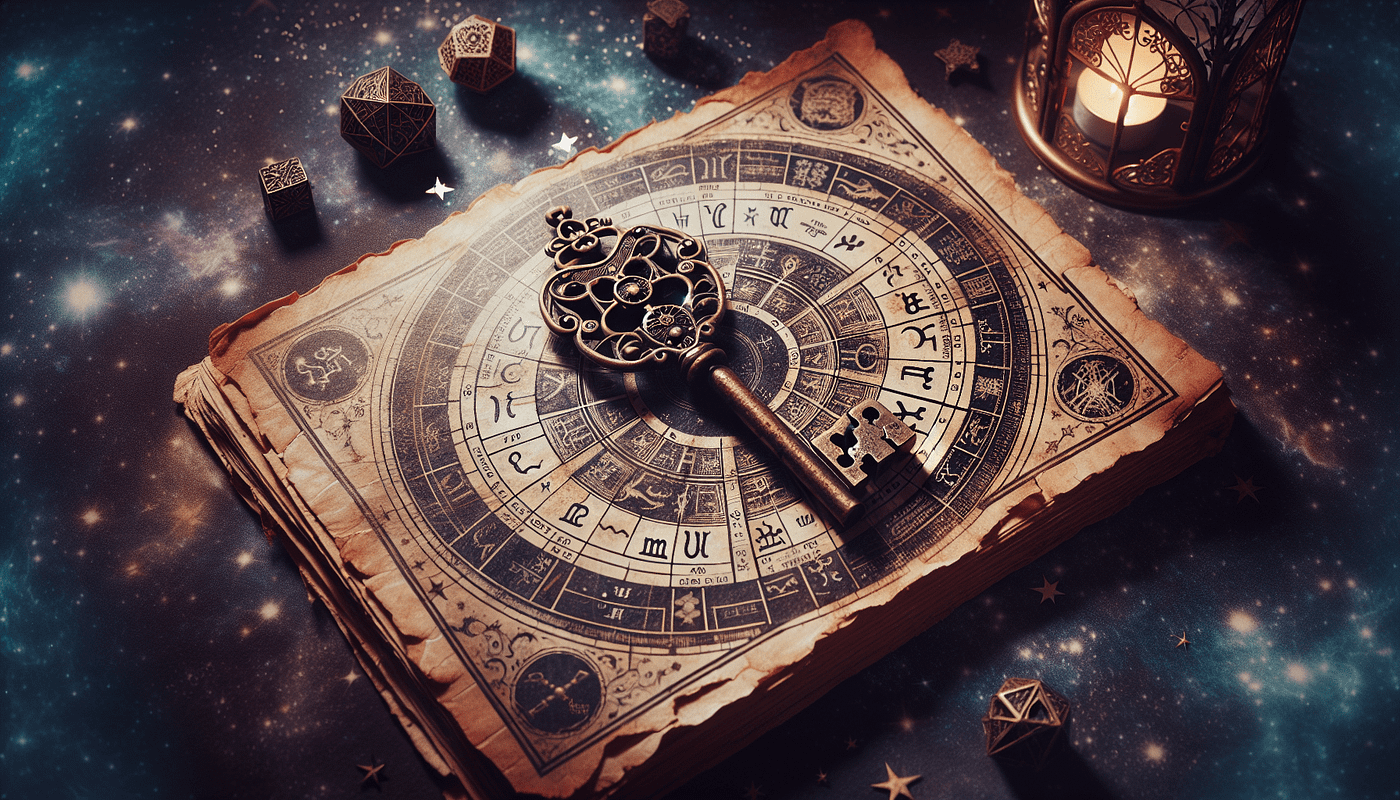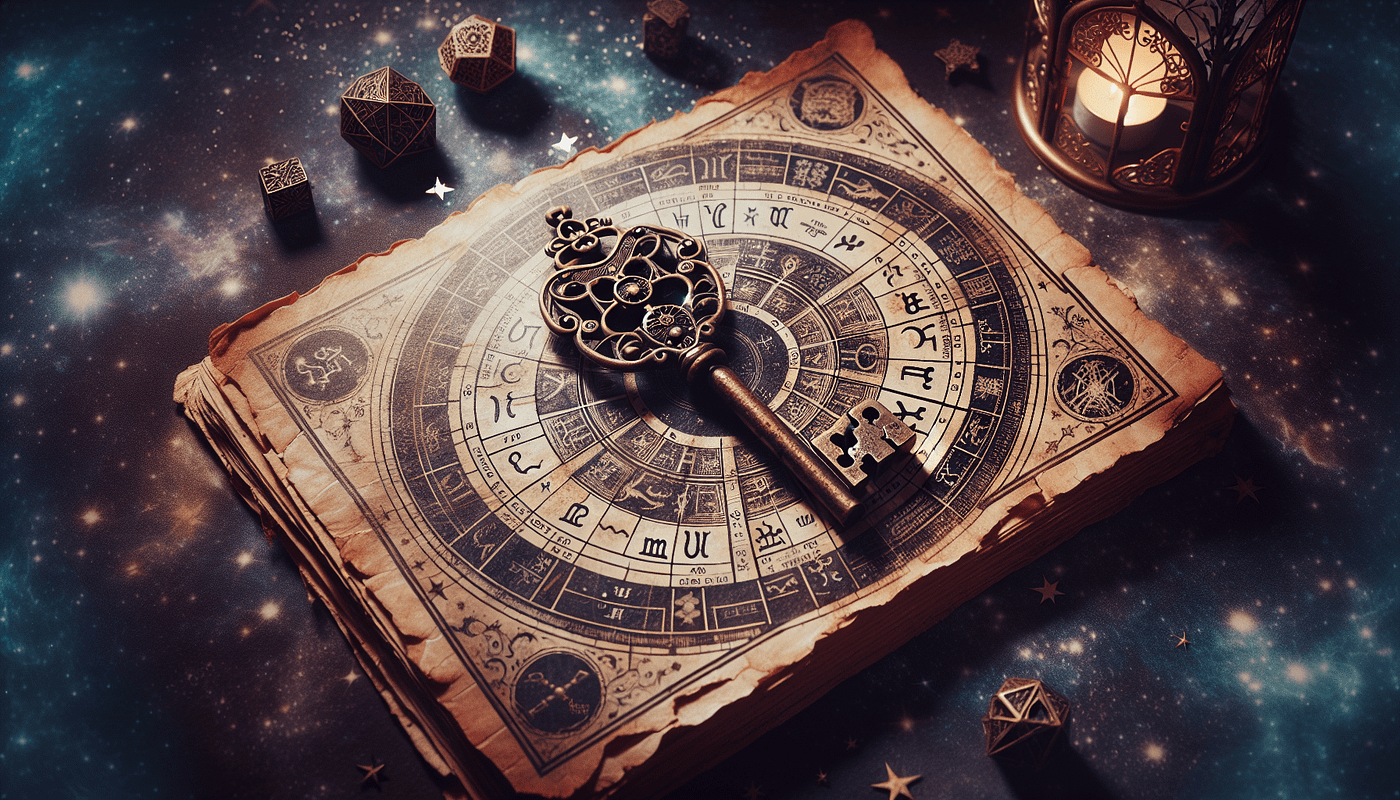Have you ever gazed up at the stars and wondered what secrets they might hold about your destiny, your character, or even your next week ahead? Astrology, a practice that dates back thousands of years, offers a fascinating glimpse into the universe, promising insights and connections between the celestial and the earthly. For millennia, humans have looked to the heavens to find meaning and patterns, hoping to uncover answers that dwell beyond our immediate perception.

This image is property of Amazon.com.
What is Astrology?
Astrology is not merely about horoscopes in magazines. It’s an intricate system that interprets celestial movements as influences on human life and earthly events. At its core, astrology seeks to understand the relationships and patterns between the positions of celestial bodies and events on Earth.
The History of Astrology
The history of astrology stretches back to ancient civilizations. From the Babylonians, who laid its foundations around 2000 BCE, to the Egyptians, Greeks, and Romans who further refined it, astrology has evolved through the ages. Each culture added layers of understanding and myth, contributing to the diverse system we know today.
The Core Beliefs of Astrology
At the heart of astrology is the belief that the positions and movements of celestial bodies can inform aspects of natural phenomena and human affairs. While mainstream science does not support these claims, astrology continues to captivate many, providing a symbolic language for understanding one’s place in the cosmos.
Understanding the Zodiac
The zodiac is one of the fundamental constructs in astrology. Comprising 12 signs, it forms a celestial map that embodies different personality traits and potential futures. Each sign, based on a thirty-degree segment of the sky, has distinct characteristics that astrologers use to interpret the lives and personalities associated with those born under them.
The Twelve Zodiac Signs
Here’s a closer look at the zodiac signs, their elements, and their defining traits:
| Zodiac Sign | Element | Dates | Main Traits |
|---|---|---|---|
| Aries | Fire | March 21 – April 19 | Energetic, adventurous, bold |
| Taurus | Earth | April 20 – May 20 | Reliable, patient, practical |
| Gemini | Air | May 21 – June 20 | Communicative, adaptable, curious |
| Cancer | Water | June 21 – July 22 | Nurturing, sensitive, compassionate |
| Leo | Fire | July 23 – August 22 | Confident, generous, charismatic |
| Virgo | Earth | August 23 – September 22 | Analytical, detail-oriented, conscientious |
| Libra | Air | September 23 – October 22 | Harmonious, diplomatic, gracious |
| Scorpio | Water | October 23 – November 21 | Intense, resourceful, passionate |
| Sagittarius | Fire | November 22 – December 21 | Optimistic, independent, philosophical |
| Capricorn | Earth | December 22 – January 19 | Disciplined, ambitious, patient |
| Aquarius | Air | January 20 – February 18 | Innovative, humanitarian, original |
| Pisces | Water | February 19 – March 20 | Empathetic, artistic, intuitive |
The Elements: Fire, Earth, Air, and Water
Each zodiac sign belongs to one of four elements, which further enriches their identity:
-
Fire Signs (Aries, Leo, Sagittarius): These signs are often enthusiastic and eager, with vibrant personalities that light up the room.
-
Earth Signs (Taurus, Virgo, Capricorn): Practical and grounded, these signs find comfort in the material world and are often reliable companions.
-
Air Signs (Gemini, Libra, Aquarius): Intellectual and communicative, air signs are talented at exchanging ideas and fostering connections.
-
Water Signs (Cancer, Scorpio, Pisces): Deeply emotional and intuitive, these signs often feel their way through the world, attuned to the experiences around them.

This image is property of urbantimeimagination.com.
The Birth Chart: Your Personal Cosmic Map
When you hear astrologers talk about a birth chart, they are referring to a snapshot of the sky at the exact moment of your birth. This chart is like a cosmic fingerprint, detailing the positioning of the planets and other celestial points that are said to influence various aspects of your life.
How to Read a Birth Chart
Reading a birth chart can be quite complex, involving an understanding of planets, signs, houses, and aspects. Here’s a simple breakdown to help you begin:
-
Planets: These represent different aspects of your personality. For instance, the moon is linked to your emotions, while Mars relates to your drive and ambition.
-
Signs: Each planet in your birth chart is in a zodiac sign, coloring how the planet’s characteristics manifest in your life.
-
Houses: The birth chart is divided into twelve houses, each representing different life areas, like relationships, career, and home.
-
Aspects: These are the angles planets form with each other on the chart, symbolizing relationships between different energies within your chart.
Creating Your Own Birth Chart
Today, many astrological websites and apps can generate your birth chart instantly. You’ll need your date, time, and place of birth to get an accurate reading. While this tool offers a fascinating look into your astrological profile, understanding it can take study and guidance.
The Influence of Planets in Astrology
In astrology, planets are considered influencing agents over specific facets of human life. Each governs certain traits and areas, and their movement can affect the global and personal atmospheres.
Personal Planets vs. Outer Planets
Astrologers categorize planets into personal and outer planets:
-
Personal Planets (Sun, Moon, Mercury, Venus, Mars): These have a direct influence on your personality and day-to-day interactions.
-
Outer Planets (Jupiter, Saturn, Uranus, Neptune, Pluto): They represent broader life themes and societal influences, moving slower across the zodiac and often impacting generations.
The Roles of Key Planets
-
Sun: Represents the core of who you are, influencing ego, identity, and vitality.
-
Moon: Governs emotions, habits, and unconscious responses.
-
Mercury: Associated with communication, thought processes, and travel.
-
Venus: Influences love, arts, beauty, and harmony.
-
Mars: Drives action, aggression, and desire.
-
Jupiter: Expands understanding, opportunity, and growth.
-
Saturn: Teaches discipline, responsibility, and structure.
-
Uranus: Spurs innovation, change, and rebellion.
-
Neptune: Inspires dreams, intuition, and spirituality.
-
Pluto: Transforms through areas of power, regeneration, and fear.

This image is property of miro.medium.com.
Retrospectives on Astrology’s Role in Society
Astrology has woven itself into various cultural fabrics, affecting everything from personal relationships to collective societal trends. While scientists may balk at its scientific credibility, astrology continues to serve as a form of guidance and reflection for many.
Astrology in Historical Context
Throughout history, astrologers have served as advisors to royalty and have contributed intellectual principles that continue to influence modern thought. Although diminished during certain scientific movements, astrology has repeatedly resurfaced in cultural and spiritual contexts.
Modern Astrology and Its Appeal
Today, astrology has experienced a resurgence, particularly among younger generations seeking connection and understanding in a complex world. It offers a framework for considering life changes, personal growth, and relationships, resonating with those looking for alternative perspectives outside traditional beliefs.
Skepticism and Critique
Astrology faces skepticism rooted in scientific scrutiny, as its claims have yet to be empirically proven. Critics argue that perceived successes are due to generalized statements that can apply broadly, while proponents emphasize its value lies in introspection and storytelling.
Embracing Astrology in Daily Life
Astrology can be as casual or as serious as you like; it might guide your life decisions or simply entertain you. Whether drawn by its history, its mystique, or for its personal insights, astrology invites you to explore yourself and your universe with wonder.
Daily Horoscopes: Meaning or Entertainment?
Many people enjoy reading daily horoscopes, seeing them as light-hearted hints for the day ahead. While often generalized, some find that they offer poignant reminders or affirmations that resonate with the day’s experiences or mood.
Astrology for Self-Reflection and Growth
Astrology’s most profound function is arguably in self-reflection. By considering celestial influences, you might notice patterns in your behavior or appreciate dynamics in your relationships. Its symbolic language can inspire mindfulness and growth, encouraging you to navigate life with curiosity and openness.

This image is property of www.astrohelpers.com.
Conclusion
The mysteries of astrology lie in its blend of art and symbolism, history, and myth. It’s not just about predicting futures but also about understanding and embracing the complexities of human existence. As you journey through the celestial insights astrology offers, may it bring you closer to the stars and to yourself, weaving connections among the cosmic literary tapestry of your life.
